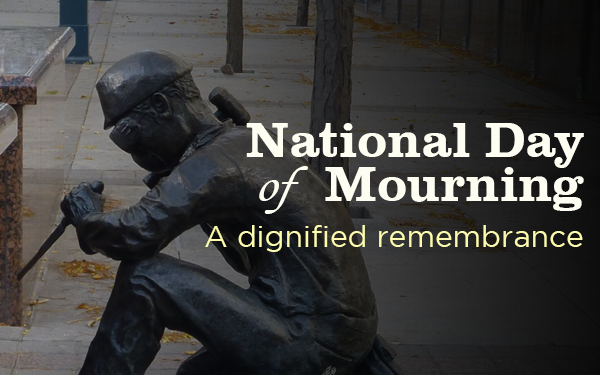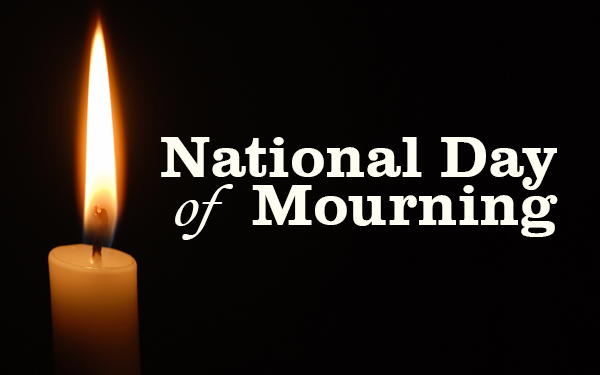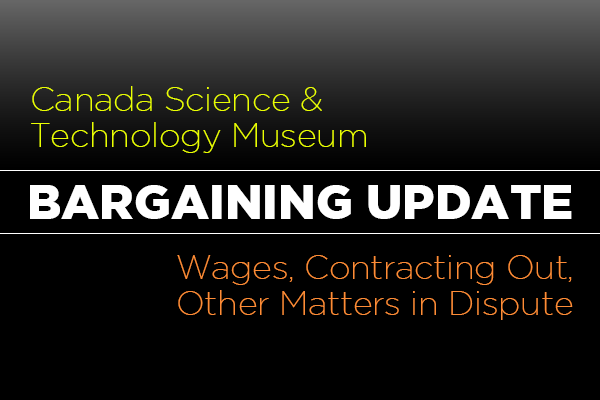“I’m Asian.” “No, you’re not. You’re Filipino.”
This was part of a conversation between my niece and a friend of hers several years ago. As Filipinos, we too are part of Asia but somehow we end up being identified solely as Filipinos. It is important to note that Asians are a diverse group of people that celebrate different cultural practices and religious beliefs.
One interesting fact about Asia is that it is the largest continent. Asia is comprised of around 50 different countries.

Canada is home to a large percentage of immigrants from these countries. They brought their rich culture along with their determination to strive and work hard to achieve their goals. In various ways, they contribute to the development and growth of Canada.
In May, 2002, the Government of Canada signed a declaration designating May as Asian Heritage Month. Adopted by the senate in 2001, this was proposed by Senator Vivienne Poy, the first Canadian senator of Asian heritage. This is to acknowledge and recognize the various contributions of Asians in Canadian society.
There is a long list of Canadians of Asian heritage who have excelled in various fields: politics, economics, science, arts and service – but I would like to add to this list – all Canadians of Asian heritage. In their own diverse ways, directly or indirectly, they have contributed something to their community, their workplaces and to Canadian society as a whole. In May, let us celebrate all Asians in Canada. Let us be one with them and show our support for them in their effort and struggle to achieve their goals and realize their dreams.
On behalf of all Asians I invite and welcome everyone to experience Asian culture. Check out the activities and festivities that have been organized by Asian Heritage Month Societies and other Asian groups in your communities. Explore the exotic spices and culinary delight that will leave your taste buds craving for more. May is a very opportune time to learn more about Asia and appreciate its history, culture and its people.
HAPPY ASIAN HERITAGE MONTH!
Submitted by:
Shirley Torres
Filipino…..and Asian
Shirley Torres is the UNE’s regional human rights representative for British Columbia and Yukon.
* Event in B.C. – May 14th – short films & panel discussion | snacks | photo booth and henna!










